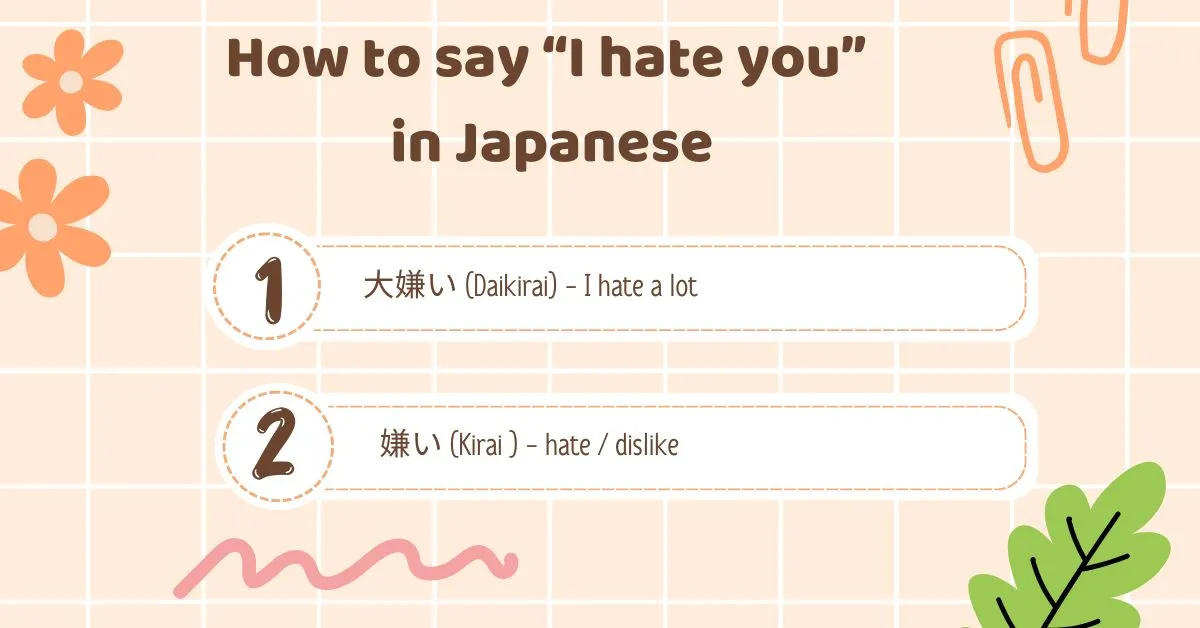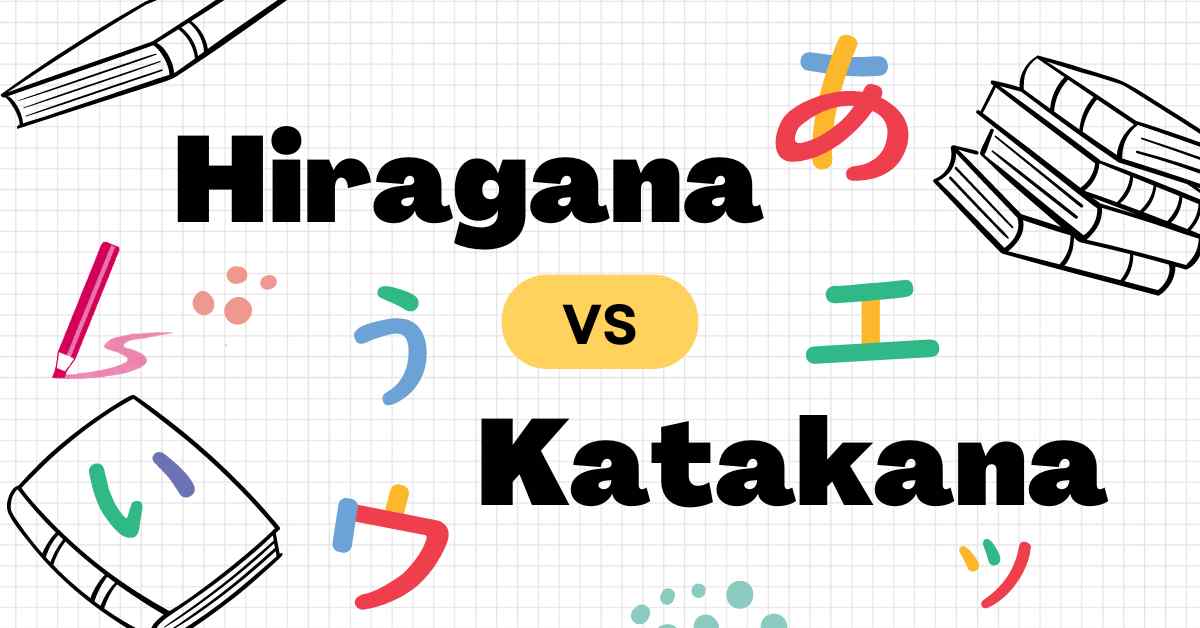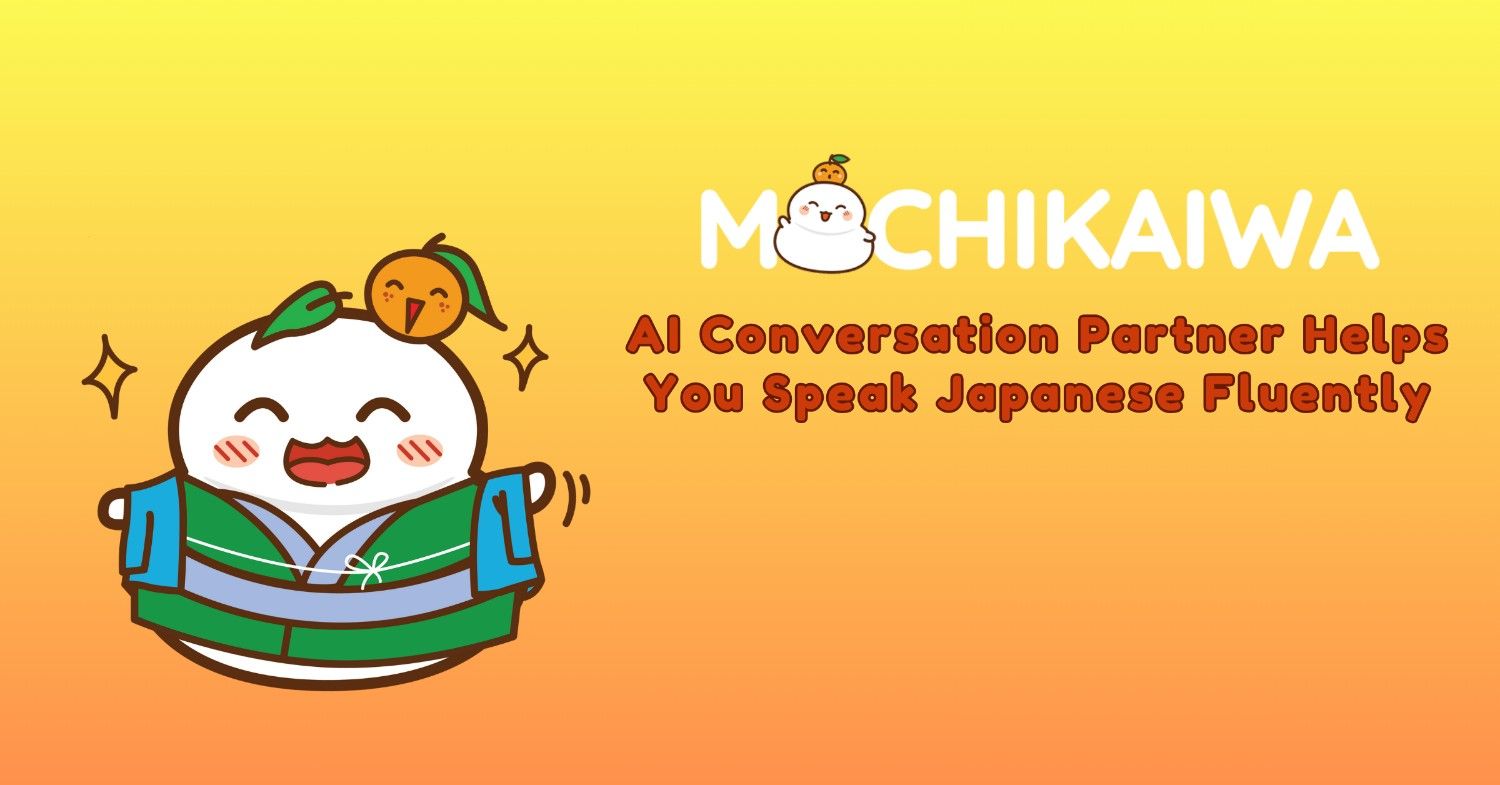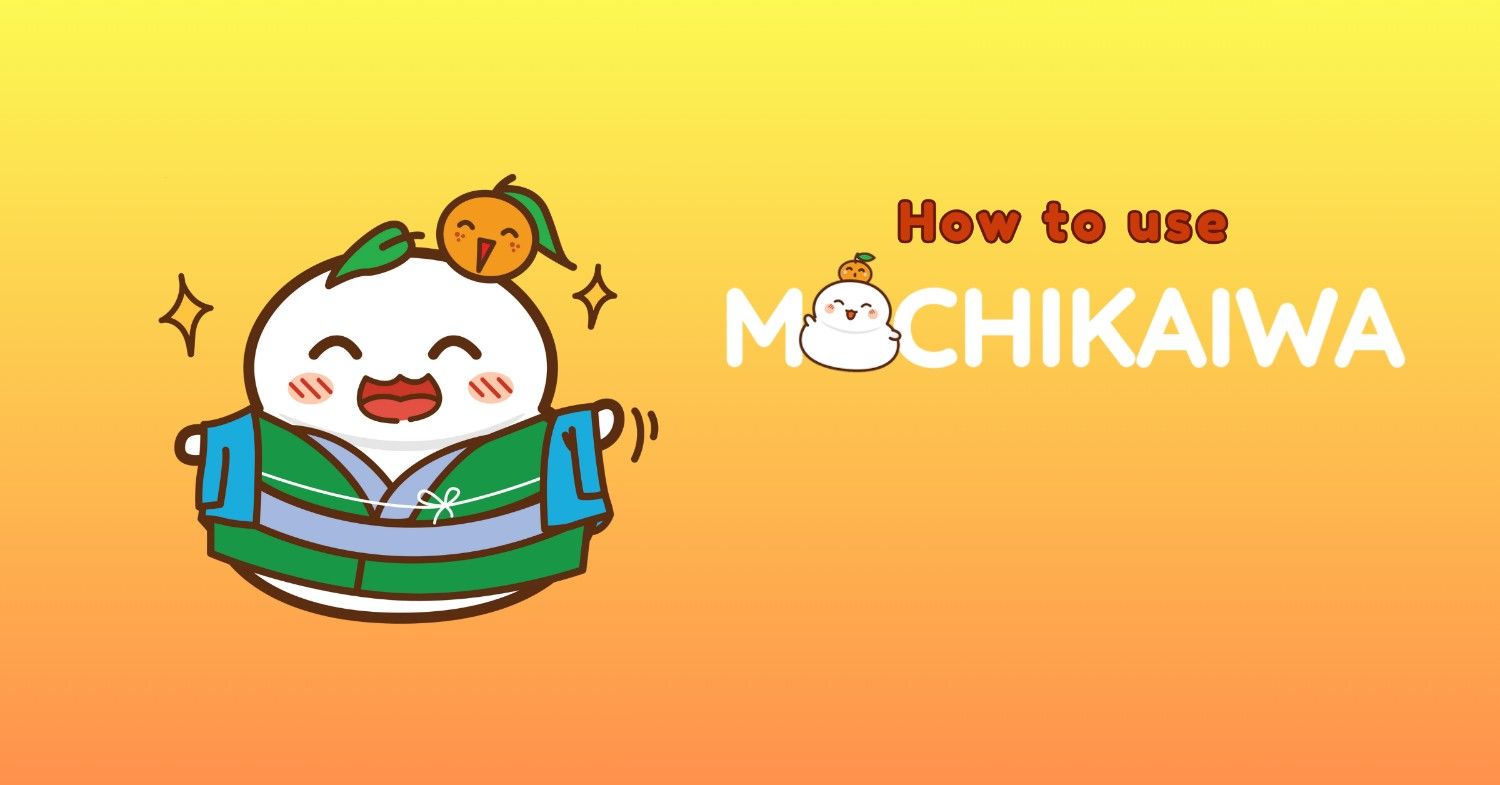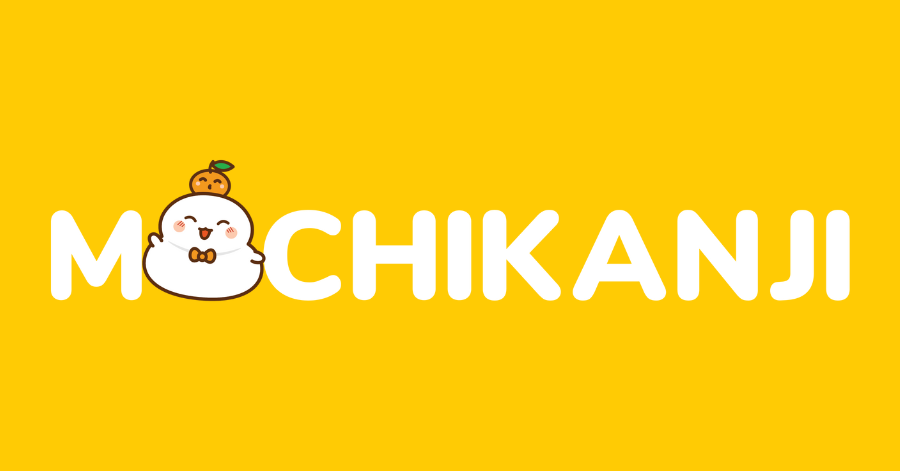Understanding how to express dislike is important when learning Japanese. While “I hate you” can be translated directly, it’s rarely used due to the cultural emphasis on politeness. This article will cover how to say “I hate you” in Japanese and provide softer alternatives for expressing dislike.

How to say “I hate you” in Japanese
1. 大嫌い (Daikirai)
“Daikirai” translates to “I really hate” or “I hate a lot.” This word intensifies the feeling of hatred, with “dai” meaning “great” or “big.” It can be used to express hate toward things or situations, but when used toward a person, it feels quite harsh.
Examples:
私はナスが大嫌いです (Watashi wa nasu ga daikirai desu)
I really hate eggplants.
彼が大嫌いだ (Kare ga daikirai da)
I really hate him.
大嫌い!もう話したくない (Daikirai! Mou hanashitakunai)
I hate you! I don’t want to talk anymore.
2. 嫌い(Kirai)
“Kirai” is an informal term that translates to “dislike” or “hate.” The subject, often “you,” is implied but not explicitly stated. This expression is quite direct and can come off as blunt, making it less suitable for polite conversation or when speaking to acquaintances.
Examples:
嫌いだ (Kirai da)
I hate (you)!
チョコレートが嫌いだ (Chokoreeto ga kirai da)
I hate chocolate.
それは嫌いだ (Sore wa kirai da)
I hate that.
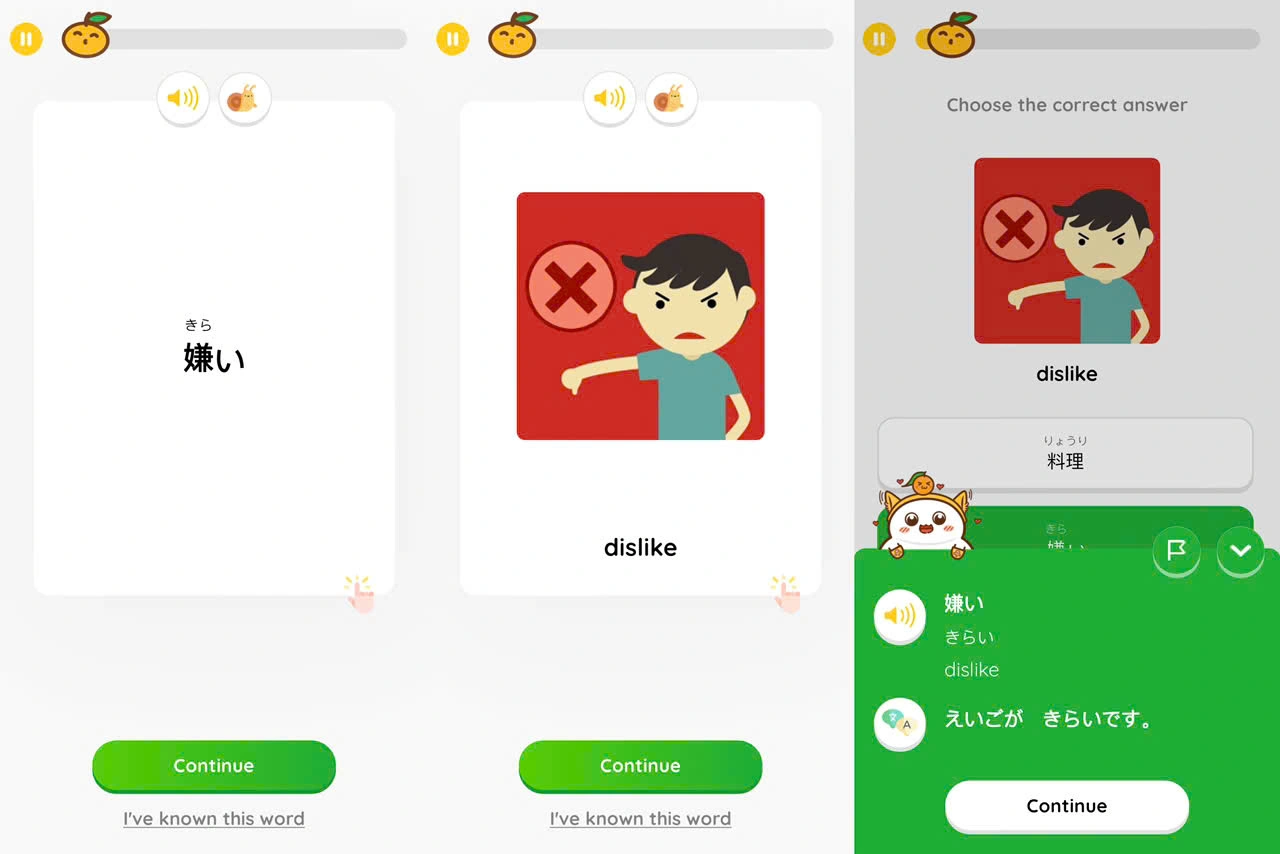
Boost your Japanese vocabulary with MochiKanji and learn 1000 Kanji and words in just 1 month. Deepen your understanding and practice new terms effectively. Try MochiKanji now!
Why “I hate you” is rarely used in Japan
In Japanese culture, people tend to avoid direct confrontation, especially in personal relationships. Openly expressing strong emotions like hatred is generally considered inappropriate. Even when feeling upset, most people opt for softer or more indirect ways to communicate their feelings. The cultural importance of maintaining harmony (和, wa) means that using harsh words like “I hate you” can damage relationships, and as a result, it’s not common to hear such phrases.
Softer alternatives to “I hate you”
1. 気に入らない (Ki ni iranai)
This means “I don’t like it” or “It doesn’t sit well with me.” It’s a much softer way to convey that something or someone bothers you without sounding overly negative or rude. This phrase can be used in both personal and professional settings to express dislike subtly.
Examples:
この映画が気に入らない (Kono eiga ga ki ni iranai)
I don’t like this movie.
彼の態度が気に入らない (Kare no taido ga ki ni iranai)
I don’t like his attitude.
あの服は気に入らない (Ano fuku wa ki ni iranai)
I don’t like those clothes.
2. 困る (Komaru)
“Komaru” translates to “I’m troubled” or “This is troubling.” Instead of outright stating dislike, this phrase shifts the focus to how a situation or person is causing difficulty or stress.
Examples:
彼の質問に困った (Kare no shitsumon ni komatta)
I was troubled by his question.
この状況に困っている (Kono joukyou ni komatte iru)
I’m troubled by this situation.
Other Japanese words related to hate
1. 憎しみ (Nikushimi)
“Nikushimi” means “hatred” or “enmity.” It’s a deep, emotional word that conveys long-standing hatred or deep resentment.
Examples:
彼の心には深い憎しみがある (Kare no kokoro ni wa fukai nikushimi ga aru)
There is deep hatred in his heart.
二つの国の間には憎しみが残っている (Futatsu no kuni no aida ni wa nikushimi ga nokotte iru)
Hatred remains between the two countries.
彼女の目には憎しみがあふれていた (Kanojo no me ni wa nikushimi ga afurete ita)
Her eyes were filled with hatred.
2. 憎む (Nikumu)
The verb “nikumu” means “to hate” or “to detest.”
Examples:
彼女は嘘を憎んでいる (Kanojo wa uso wo nikunde iru)
She hates lies.
戦争を憎む人々が増えている (Sensou wo nikumu hitobito ga fuete iru)
The number of people who hate war is increasing.
自分を憎んではいけない (Jibun wo nikunde wa ikenai)
You shouldn’t hate yourself.
3. 嫌悪 (Keno)
“Keno” means “disgust” or “aversion.”
Examples:
彼はその考えに嫌悪を感じた (Kare wa sono kangae ni keno wo kanjita)
He felt disgusted toward that idea.
私はその映画に嫌悪を感じた (Watashi wa sono eiga ni keno wo kanjita)
I felt disgusted by that movie.
彼の行動は嫌悪感を引き起こした (Kare no koudou wa kenokan wo hikiokoshita)
His actions caused a feeling of disgust.
Learning Japanese expressions with MochiKanji
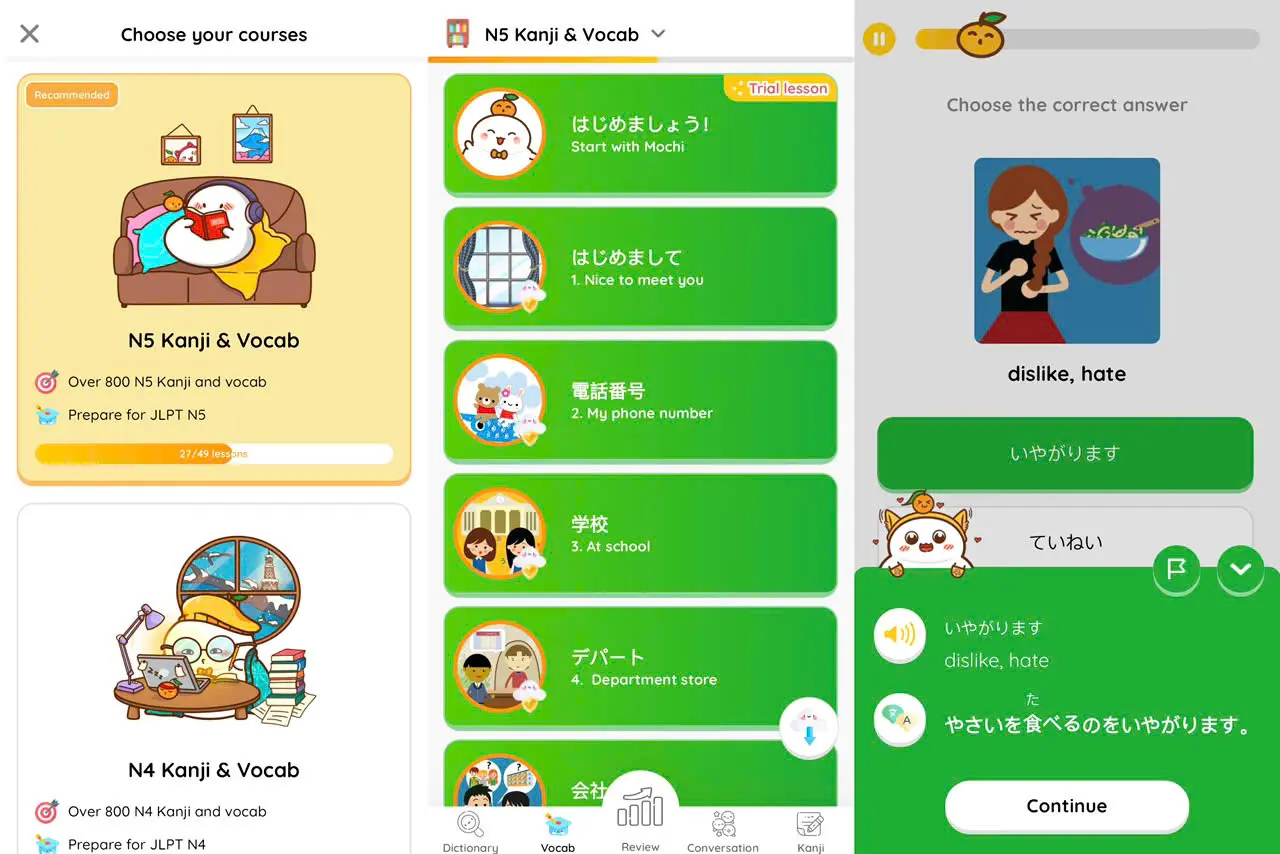
MochiKanji provides a targeted learning experience through its vocabulary courses, spanning levels N5 to N2. The app utilizes interactive flashcards that make learning and retaining words more efficient. These flashcards are enhanced with images and audio, adding an engaging element to your study sessions. Begin your journey with MochiKanji today to expand your Japanese vocabulary and elevate your language proficiency!
Conclusion
Though you can say “I hate you” in Japanese, direct expressions of hate are uncommon. Choosing more subtle phrases can help you communicate your feelings while respecting cultural norms. By mastering these expressions, you’ll enhance your Japanese language skills and cultural understanding.

